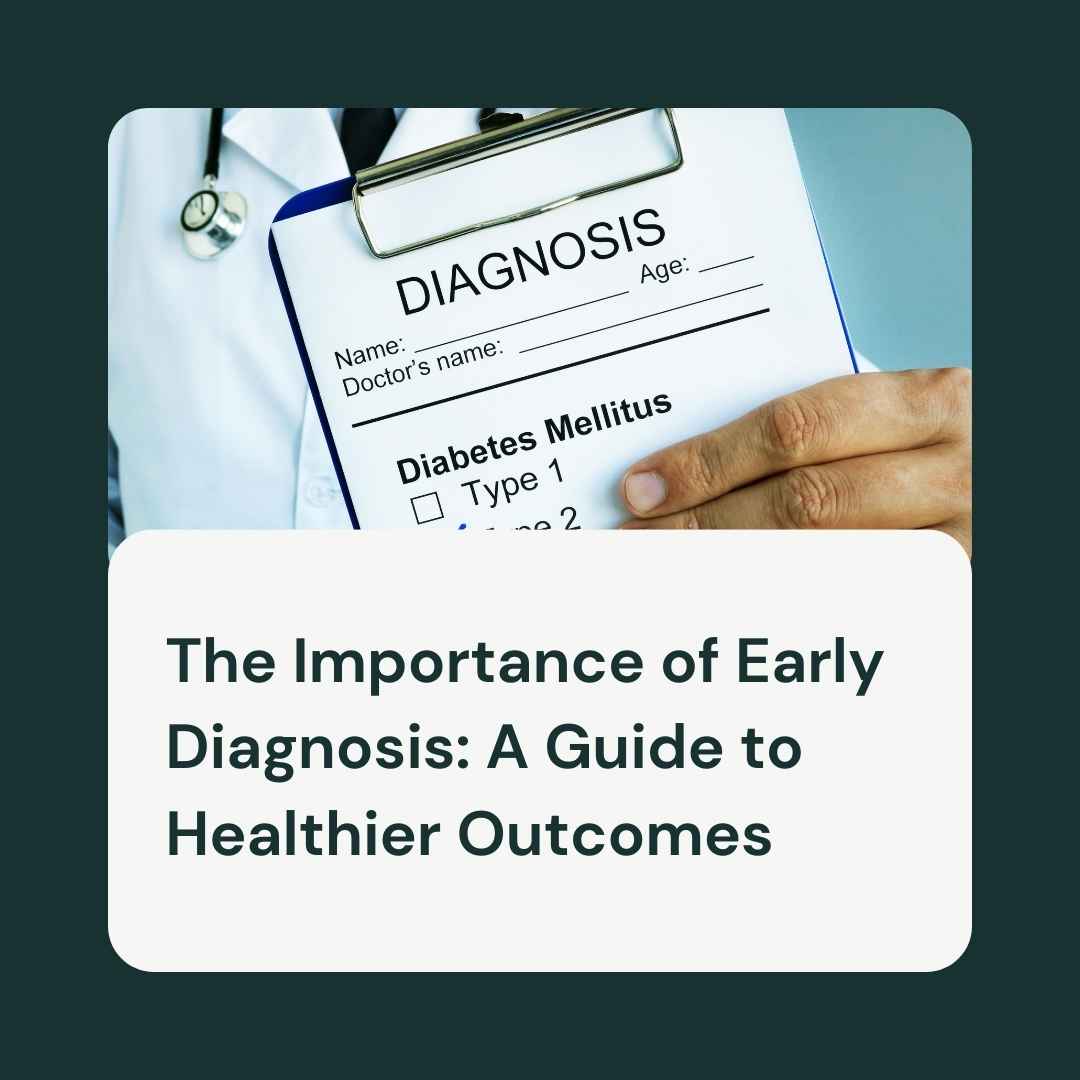


In the realm of healthcare, early diagnosis is a crucial component that can make a difference between timely, effective treatment and a long battle with an advanced condition. Whether it’s for cancer, diabetes, cardiovascular disease, or other chronic conditions, recognizing and diagnosing illnesses early is key to a healthier and longer life.
Why Early Diagnosis Matters
Early diagnosis allows for a quicker response to health threats, often before symptoms are fully apparent. This enables more effective treatments and better management of diseases, potentially slowing or even halting their progression. Here are some major benefits:
- Improved Survival Rates: Early detection often leads to better survival rates, particularly in diseases like cancer. For example, diagnosing breast cancer at stage 1 rather than stage 3 significantly increases the chance of recovery.
- Lower Treatment Costs: Treating a condition in its early stages is usually more affordable. For patients, this means fewer medical expenses, fewer hospital visits, and reduced long-term healthcare costs.
- Better Quality of Life: Early diagnosis can mean a more manageable treatment plan with fewer side effects. Patients often maintain a better quality of life and can continue with daily activities without severe interruptions.
- Less Emotional and Physical Strain: Waiting for symptoms to worsen can lead to increased stress and anxiety. Early diagnosis allows for early intervention, reducing the emotional and physical strain on both patients and their families.
How to Be Proactive About Early Diagnosis
- Regular Check-Ups: Routine health checks allow doctors to monitor your health baseline and notice any changes. Screenings such as blood tests, eye exams, and dental visits play a big role in preventive care.
- Self-Monitoring: Keep track of changes in your health. Symptoms such as unexplained weight loss, persistent fatigue, or sudden changes in appetite or sleep patterns could be early warning signs of an underlying issue.
- Know Your Family History: Many conditions, including cancer, diabetes, and heart disease, have genetic components. Share your family health history with your doctor to ensure you get appropriate screenings.
- Healthy Lifestyle Choices: A balanced diet, regular exercise, avoiding smoking, and managing stress levels can lower the risk of many diseases, aiding both prevention and early detection.
Moving Forward with Early Diagnosis
Early diagnosis can literally be life-changing, giving people the best chance for successful treatment and a higher quality of life. Embracing regular screenings, listening to your body, and staying informed about potential health risks can lead to healthier, happier outcomes.